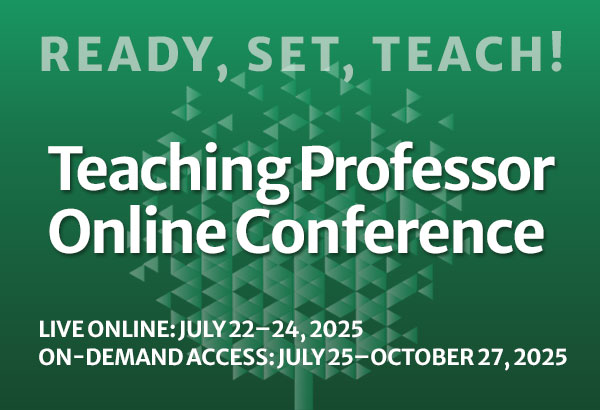
Candid Feedback as a Catalyst for Professional Growth
If you’ve ever hesitated to offer feedback to a colleague for fear of creating tension or hurting a relationship, you’re not alone. Even in academic settings, where critique is part of the culture, giving candid feedback, especially to fellow professionals, can feel risky. Yet our












